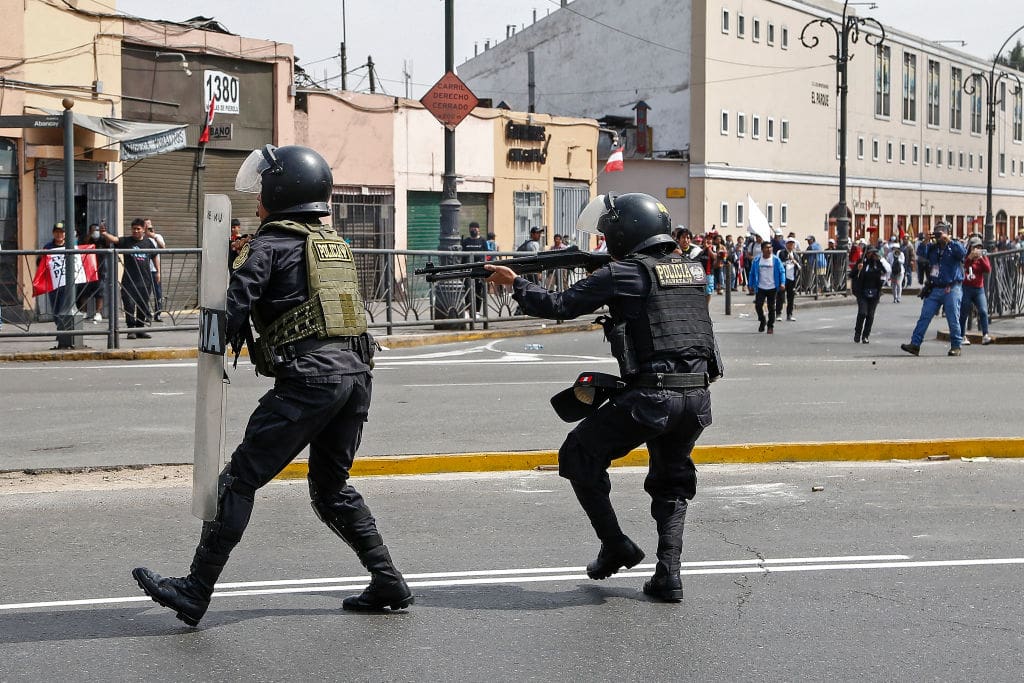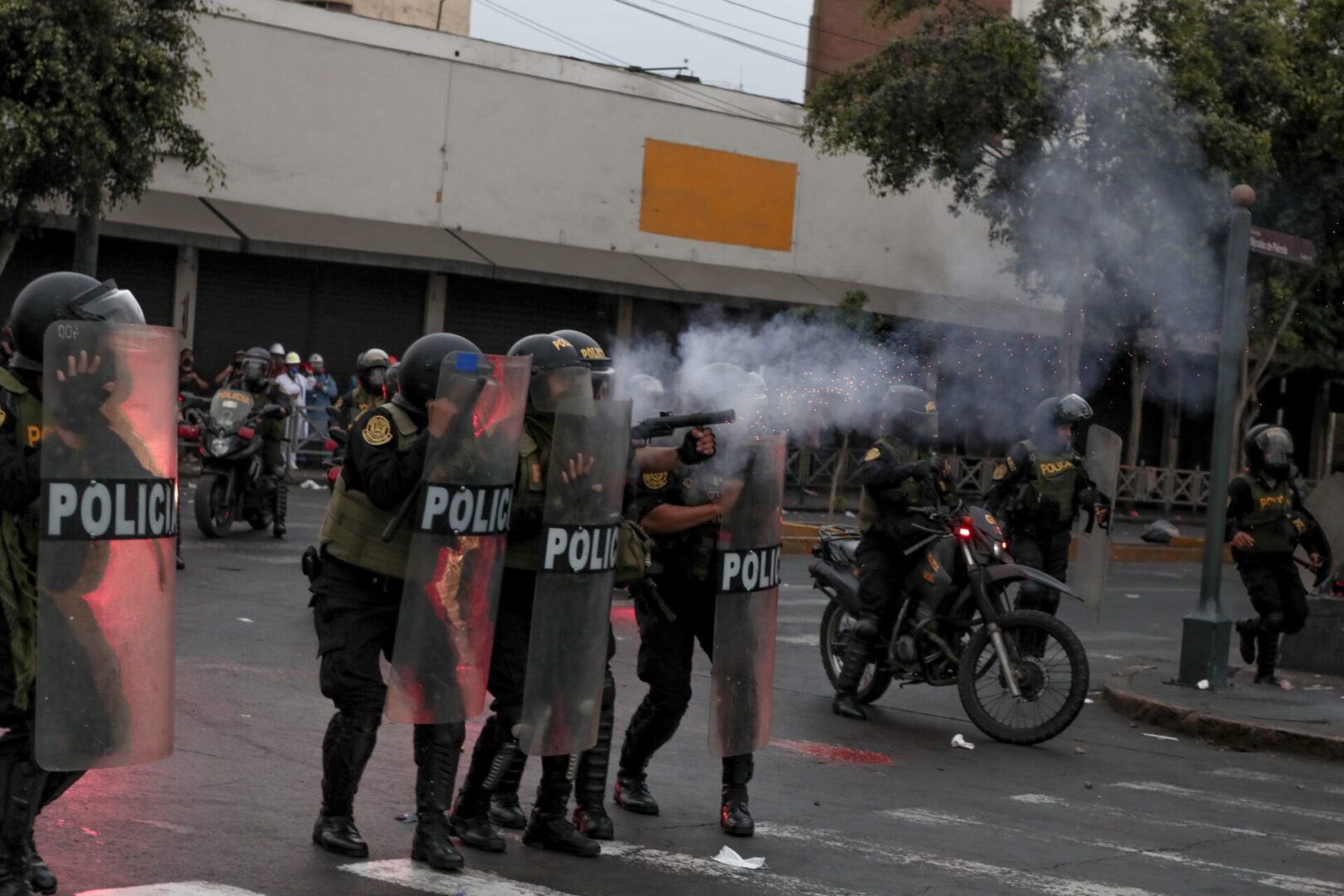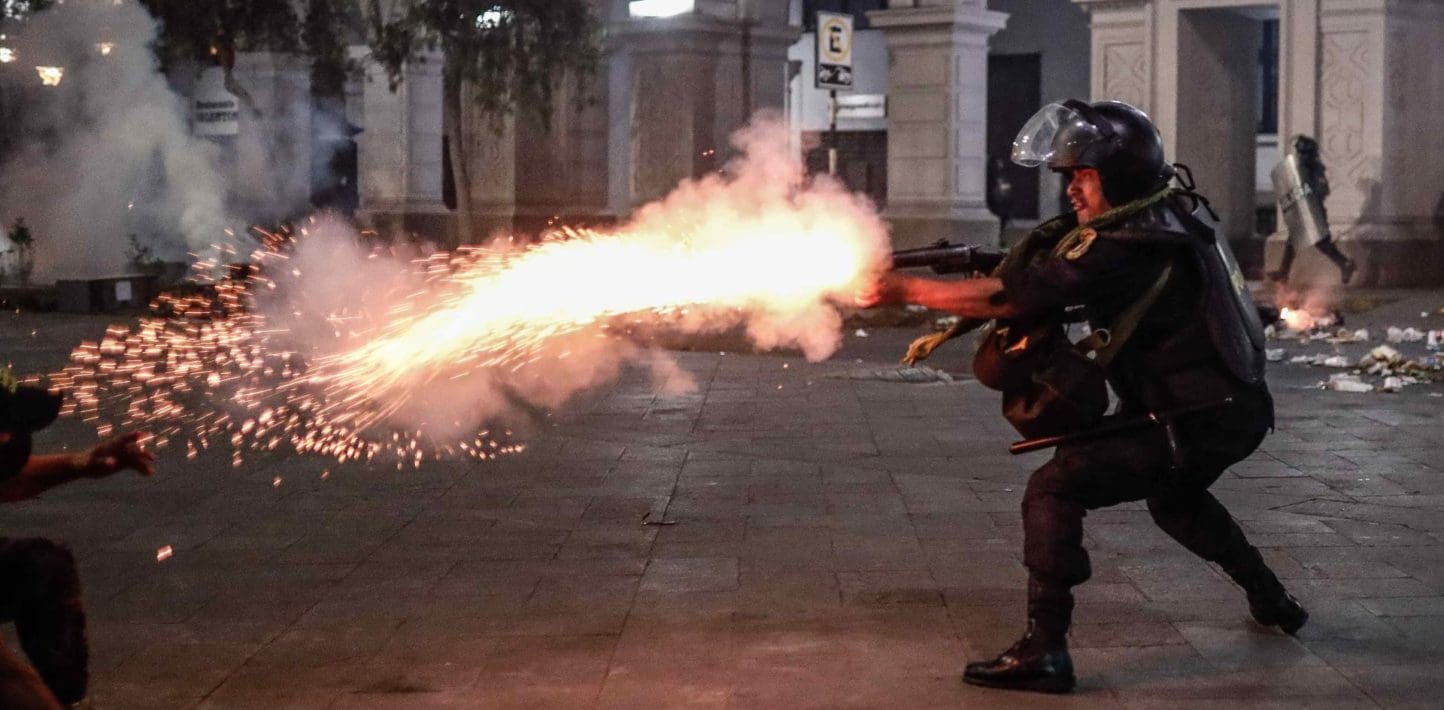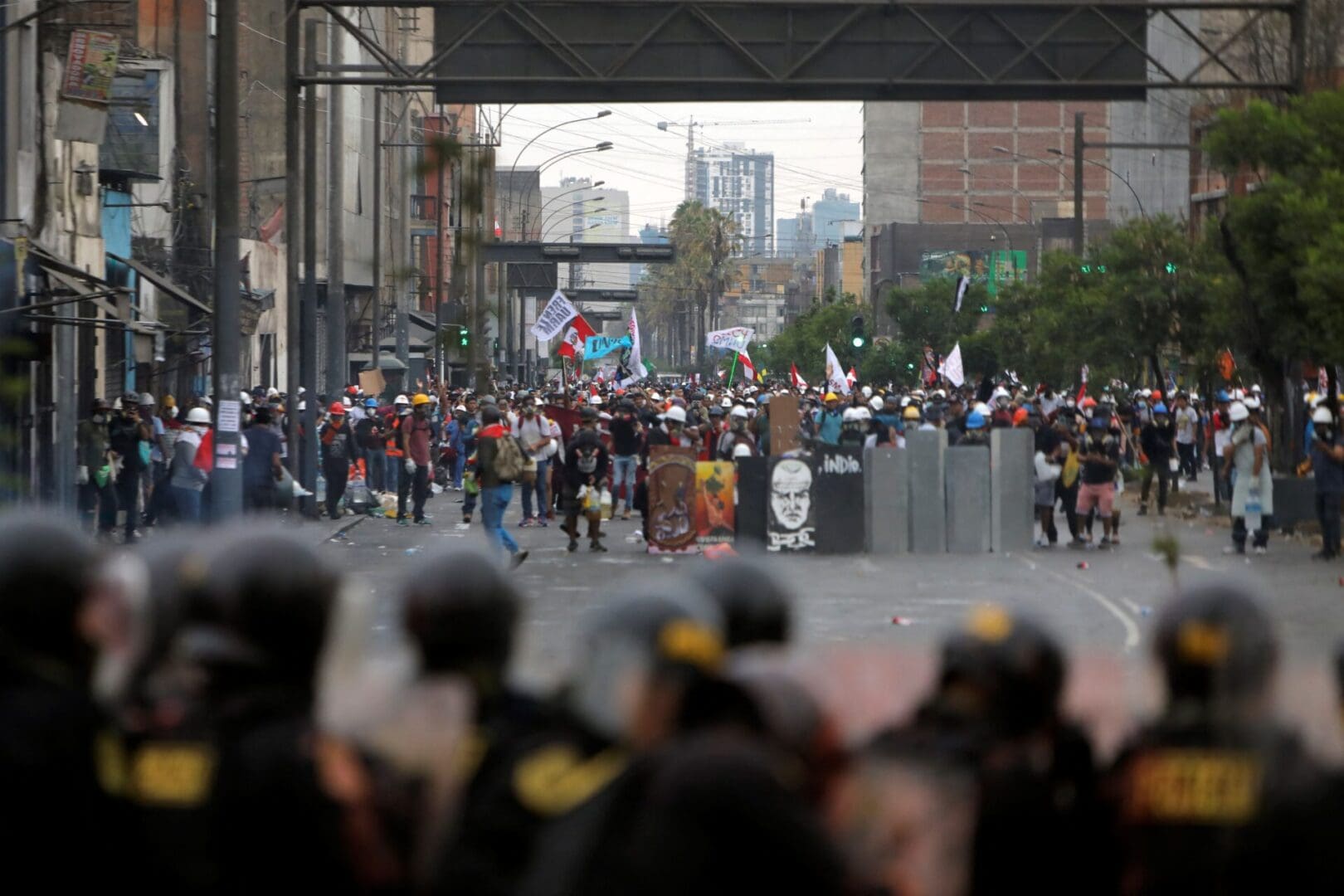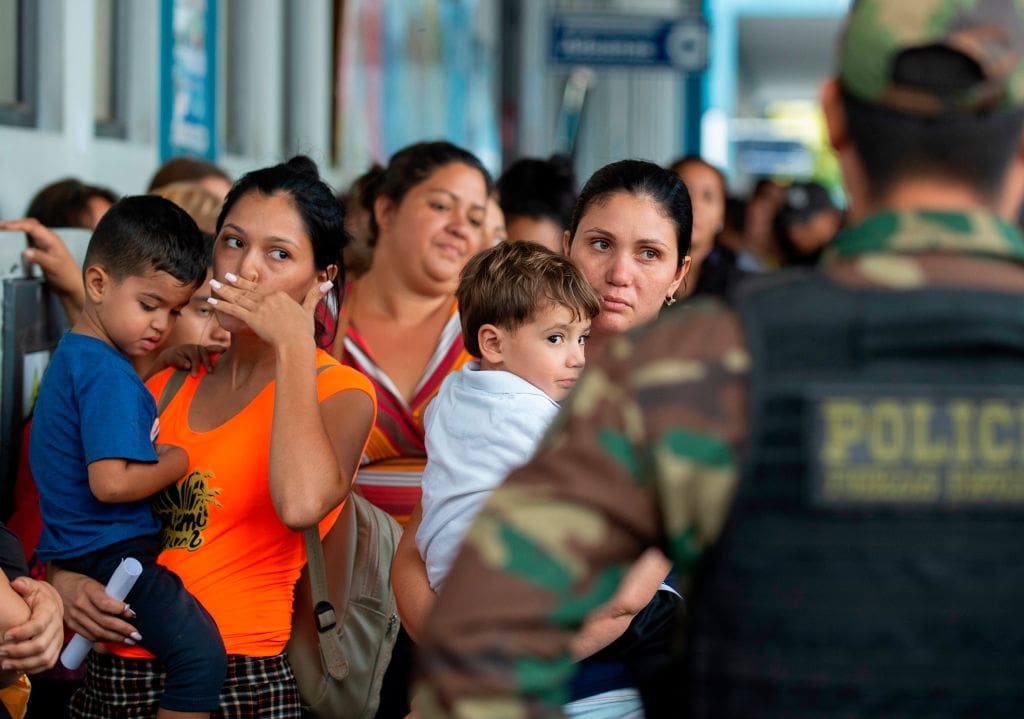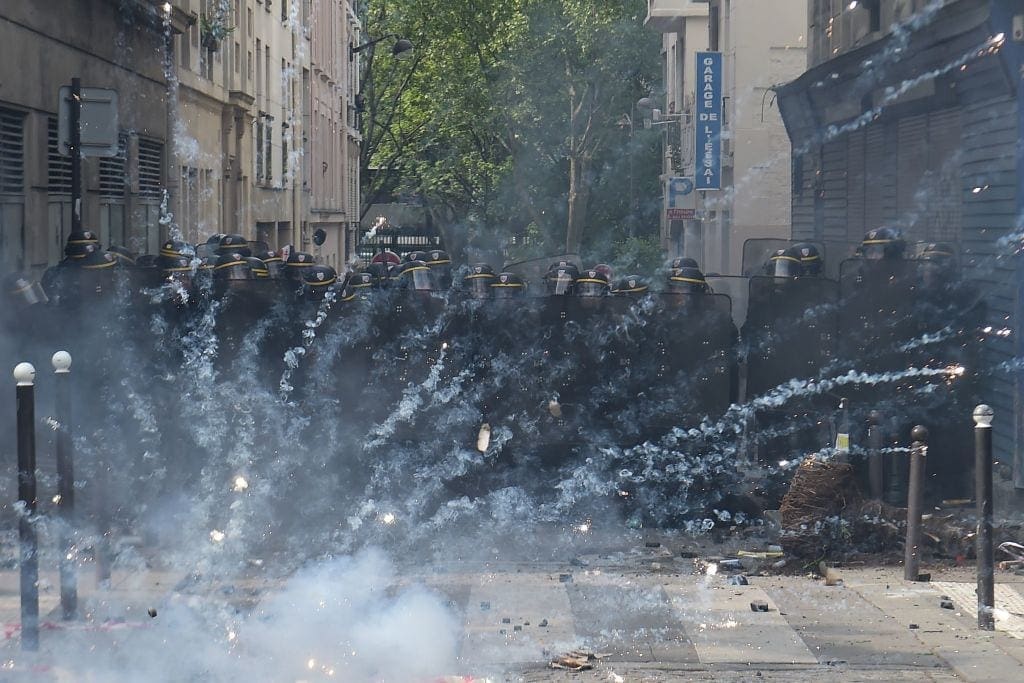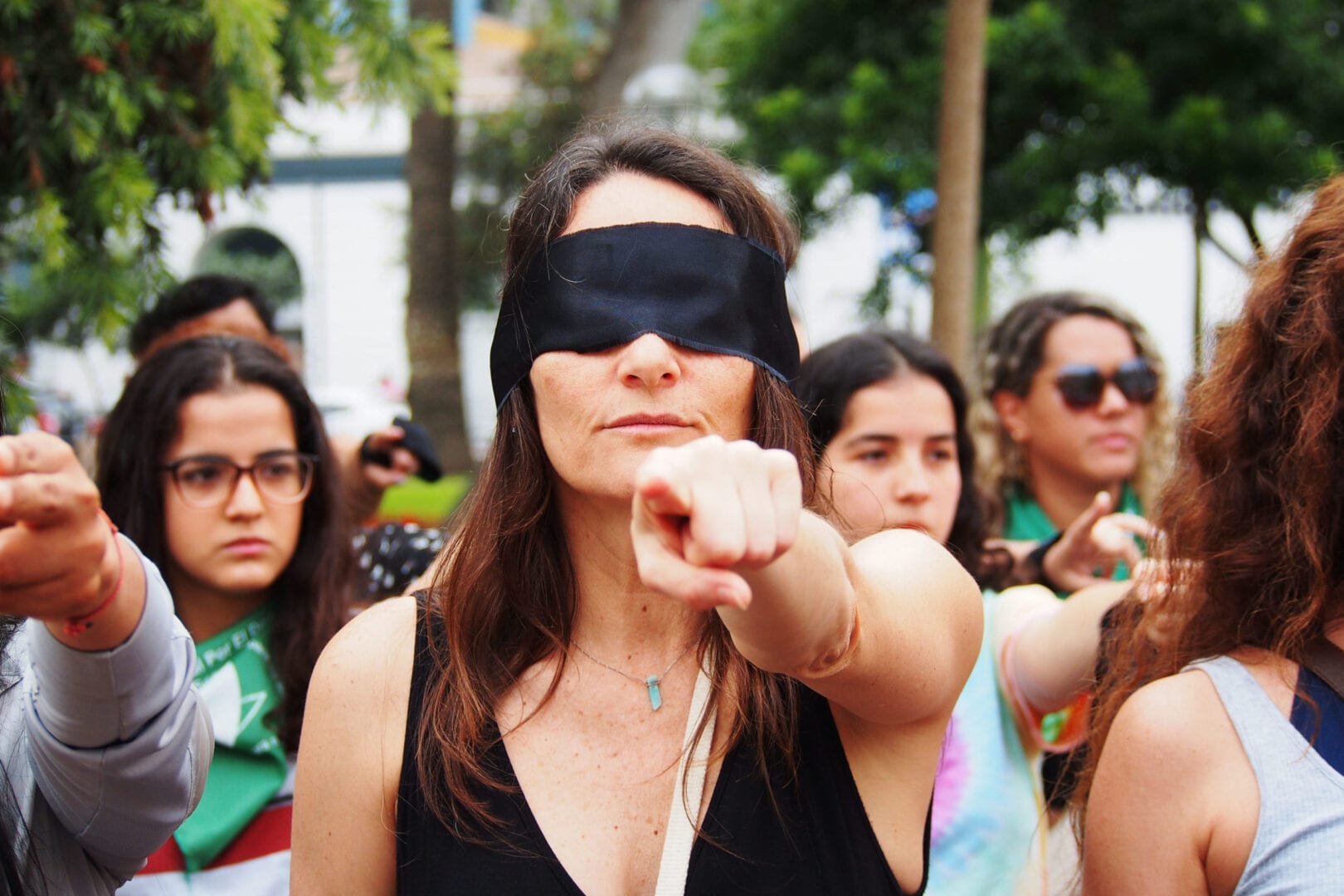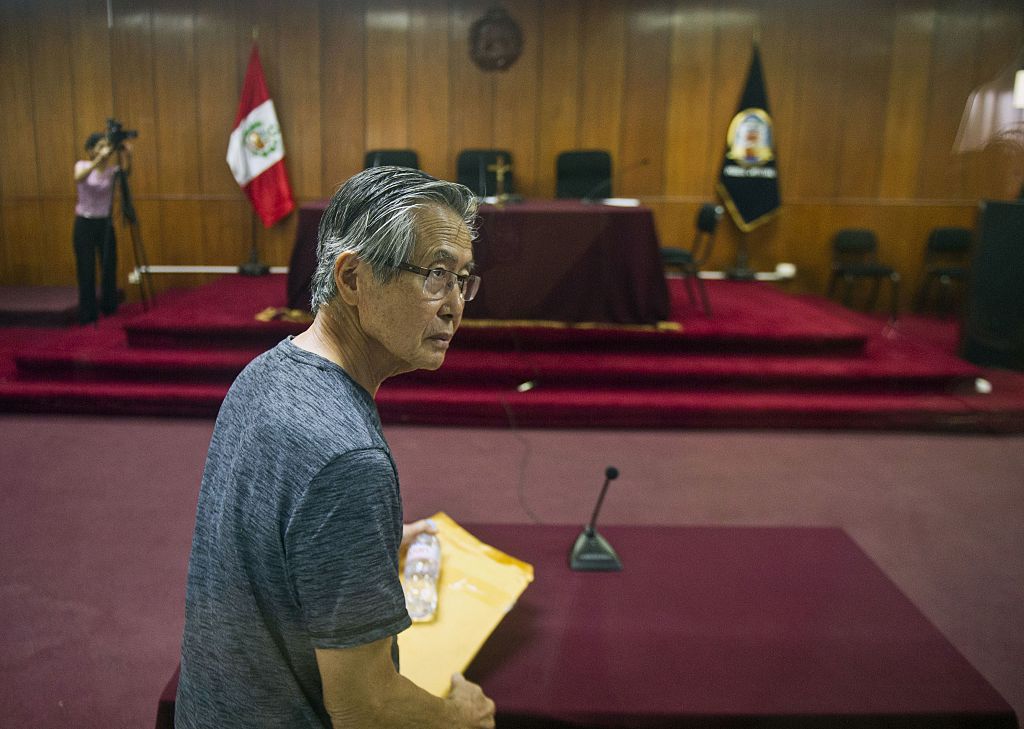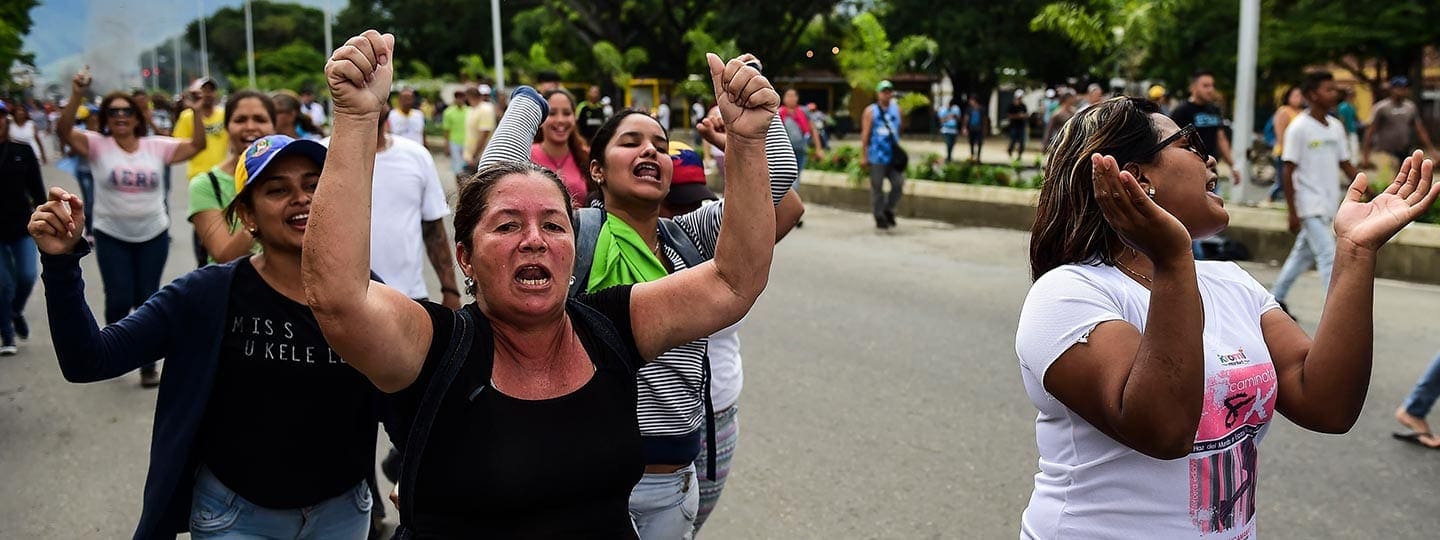The following information is based on the Amnesty International Report 2021/22. This report documented the human rights situation in 149 countries in 2021, as well as providing global and regional analysis. It presents Amnesty International’s concerns and calls for action to governments and others.
PERU 2021
Peru recorded the highest number of Covid-19 deaths per million people. Concerns remained about impunity for excessive use of force by law enforcement officials. Formal criminal charges were brought in cases of forced sterilization and proceedings in other cases of systematic sexual violence resumed. The authorities had yet to adequately address the health crisis experienced by Indigenous peoples due to environmental contamination by toxic substances. Cases of gender-based violence increased, as did the number of missing women.Background
During the first half of the year, presidential and congressional elections were held. The campaign was marked by discrimination and racism towards voters from rural and Indigenous peoples’ communities.Excessive use of force
Investigations by the Attorney General’s Office into the deaths of Inti Sotelo and Bryan Pintado, two young men killed by police during a protest in November 2020, made slow progress. Although the government granted the families economic, health and educational assistance, their right to truth and justice had not been fulfilled by the end of the year. The 2020 Police Protection Law, which includes a presumption in favour of the police about the reasonableness of the use of lethal force, contrary to international human rights law, remained in force.Human rights defenders
Although the Ministry of Justice approved an Intersectoral Mechanism for the Protection of Human Rights Defenders in April, three defenders were killed during the year. According to the NGO Global Witness, Peru was the third most lethal country in South America for human rights defenders. Congress had yet to ratify the Regional Agreement on Access to Information, Public Participation and Justice in Environmental Matters in Latin America and the Caribbean (Escazú Agreement) by the end of the year.Right to health
According to official figures, since the beginning of the pandemic, 2,301,177 people had been infected with Covid-19 and almost 202,741 deaths had been recorded, making Peru the country with the highest number of deaths per million people. Lack of oxygen and insufficient hospital capacity meant that care could not keep up with demand. Despite initial scandals over corruption and the failure by government officials to respect prioritization in the vaccination programme, the process continued with clear prioritization criteria and in accordance with international standards. By the end of the year more than 80% of the target population (those over 12 years of age) has been vaccinated.Indigenous peoples’ rights
In July, the Cusco Regional Health Authority shared its Action Plan with Amnesty International and environmental health specialist Fernando Serrano of Saint Louis University.1 The plan had been ordered by a December 2020 court ruling to address the health crisis caused by toxic substances among Indigenous communities in the mining area of Espinar. By the end of 2021, the plan, which is not based on specific analysis of the risks to human health and the environment related to exposure to toxic metals in Espinar, had yet to be adequately consulted with the communities.2 Thanks to the efforts of the National Platform of Persons Affected by Toxic Metals, a special multisectoral plan to ensure medical care for those affected was approved at the end of the year.Women’s rights
Despite the approval of the Gender Parity Law for Political Participation in 2020, the composition of the new government’s cabinet was 87% male, compared to 58% under the previous government. The pandemic exacerbated economic inequality by increasing the burden of unpaid care work shouldered by women. According to the National Statistics Institute, economic recovery favoured men more than women; paid employment increased by 15% for men, while for women it increased by only 8%.Violence against women and girls
According to the Ministry of the Interior’s Missing Persons Register, 12,984 women were reported missing in 2021, compared to 11,828 in 2020. Women represented 64% of the total number of missing persons, but this was not recognized by the government as a form of gender-based violence. According to the Ombudsperson’s Office, in 2021 146 women were victims of femicide, compared to 136 in 2020.Sexual and reproductive rights
Victims of forced sterilizations more than 25 years earlier were still seeking truth, justice and reparation. In March, the Public Prosecutor’s Office finally brought charges against former president Alberto Fujimori and several health ministers under his administration as the “indirect perpetrators”. In December, the judiciary ordered a judicial investigation against them. However, the executive had yet to grant reparations to the victims, despite the fact that the official registry of victims of forced sterilizations contained more than 7,000 registered cases. During the pandemic, the number of births to girls under 10 years of age was nearly three times higher than in 2019 (rising from nine to 24), and there were 1,149 births to girls under of 14, according to the Ministry of Health. According to the United Nations Population Fund, four girls under 15 years of age gave birth every day in Peru during the year.LGBTI people’s rights
Draft bills were submitted by a group of members of congress on legal recognition of gender identity for transgender people and marriage equality for same-sex couples. However, these bills had not been approved by the end of the year.Refugees’ and migrants’ rights
Peru hosted more than half a million asylum seekers and more than 1.2 million Venezuelan nationals in 2021, 43% of whom were in an irregular situation, preventing them from accessing rights such as healthcare. The processing of asylum applications was suspended in February 2020 due to Covid-19 restrictions; the suspension remained in place until the end of 2021. In January, the Peruvian government militarized its borders to restrict the arrival of asylum seekers and migrants. This led to several incidents of intimidation by the Peruvian military, such as shooting into the air to disperse groups of Venezuelans at the border. Two regularization processes for migrants and asylum seekers were opened, but were marked by bureaucratic hurdles, prohibitive costs, or arbitrarily not allowing regularization of certain groups, such as children and adolescents in family groups. In December, the regularization process was started for more than 3,000 children and adolescents.Right to truth, justice and reparation
According to the Ombudsperson’s Office, only 20% of the bodies of more than 21,000 people on the National Register of Forced Disappearances related to the internal armed conflict (1980-2000) had been recovered. On 27 September, the trial resumed of members of the Peruvian military accused of systematically raping scores of women in Manta (Huancavelica province) more than 35 years earlier, raising hopes that victims of human rights violations might finally obtain truth, justice and reparation.Relevant Links
- Peru: Authorities Must Redesign and Consult on Action Plan to Address Health Crisis Caused by Toxic Substances in Espinar (Index: AMR 46/4767/2021), 23 September
- Failed State of Health: Health Emergency in Indigenous Peoples of Espinar, Peru (Index: AMR 46/3829/2021), 18 May
- For more information visit the Amnesty.org Country page

